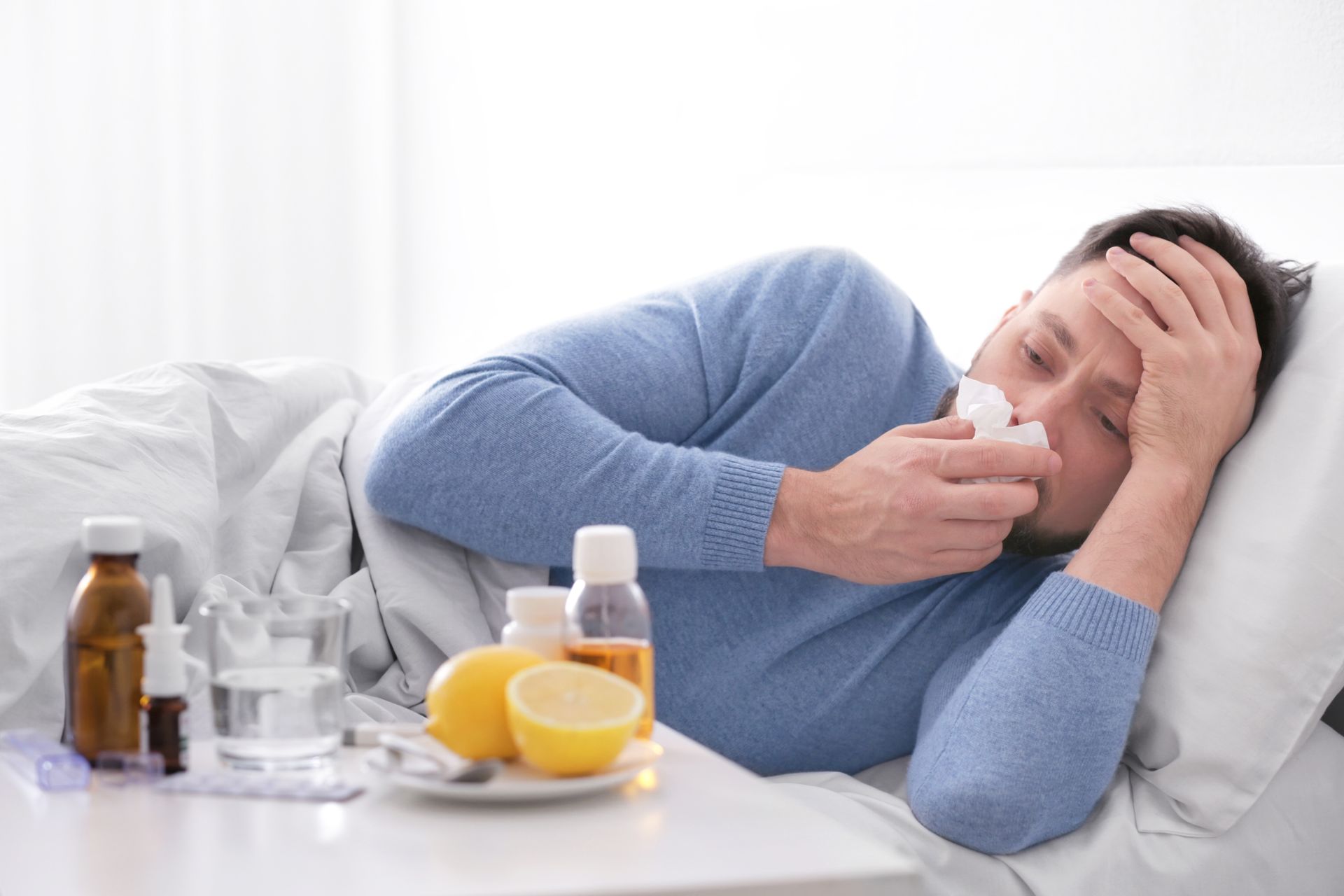Sick Visits

Remember, the specific procedures during a sick visit can vary based on the nature of your illness and your healthcare provider's practice. It's essential to be an active participant in your healthcare by providing accurate information and asking questions about your health and treatment plan.
We Are Here When You Are Not Feeling Well
When you have a sick visit with your Primary Care Provider (PCP), it means you're seeking medical care for a specific illness or health concern. Here's what you can generally expect during a sick visit:
- Check-In: You'll start by checking in at the front desk or reception area. You may be asked to verify your personal information, insurance details, and the reason for your visit.
- Vital Signs: A nurse or medical assistant will take your vital signs, which typically include measuring your blood pressure, pulse rate, temperature, and sometimes your weight and height.
- Review of Symptoms: You'll meet with your PCP, who will ask you about your symptoms. Be prepared to describe when the symptoms started, their severity, and any changes you've noticed.
- Physical Examination: Depending on your symptoms, your PCP may perform a physical examination. This may involve listening to your heart and lungs, examining specific body areas, or performing other relevant tests.
- Discussion and Diagnosis: Your PCP will discuss their findings and offer a diagnosis, if possible. They'll explain the nature of your illness and answer any questions you have.
- Treatment Plan: Your PCP will recommend a treatment plan. This may include prescribing medication, suggesting lifestyle changes, or recommending over-the-counter remedies.
- Prescription Medications: If needed, your PCP will write a prescription for any medications. They'll explain how to take the medication, any potential side effects, and if you should follow up.
- Advice and Instructions: Your PCP will provide guidance on symptom management, including rest, hydration, and other self-care measures. They may advise you on when to return for a follow-up or what signs to watch for that might indicate a need for immediate medical attention.
- Questions and Communication: This is your opportunity to ask questions and share any additional information that you think is important. Clear communication is crucial for proper healthcare.
- Follow-Up: If your condition requires further monitoring or a follow-up appointment, your PCP will schedule this with you.
- After the Appointment: Follow your PCP's recommendations, take prescribed medications as directed, and reach out if your condition worsens or if you have any concerns.
Copyright ©
. All Rights Reserved.
Medical Web Design by Remedy Connect.
See our Disclaimer
and Privacy Policy.
Website Admin

